Feature image @JennaReadsBooks
Home to Machu Picchu, the shores of Ipanema, the Galapagos Islands, and the dramatic peaks of Patagonia, South America bears a history as vibrant as its landscape. Some of the most powerful literary voices of our time have emerged from South America, sharing both their minds and their home with the world. These eight historical fiction novels set in South America invite readers into places and eras that should never be forgotten.
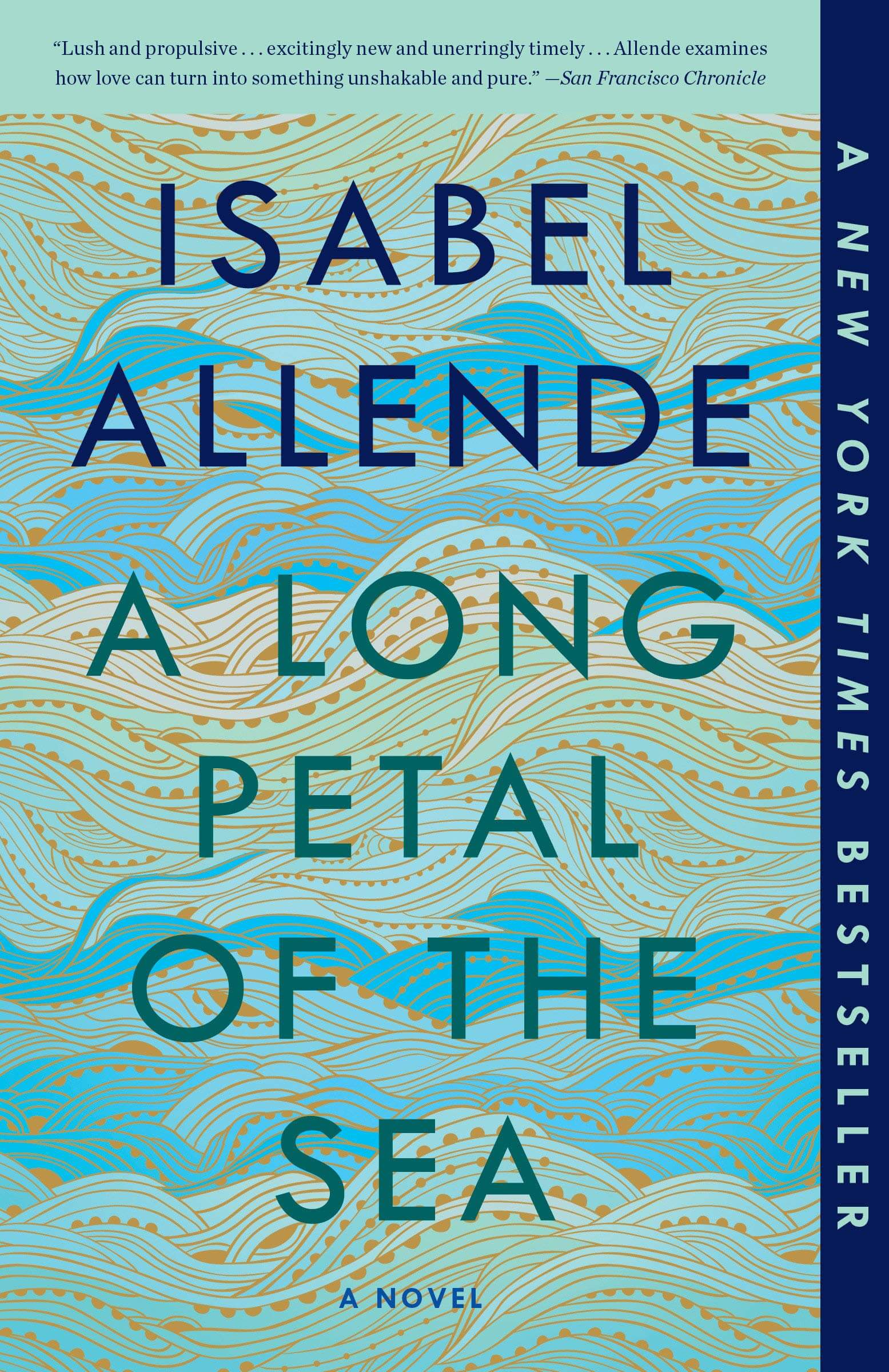
A Long Petal of the Sea by Isabel Allende
From masterful storyteller Isabel Allende comes an epic saga of romance and survival, from the Spanish Civil War to 1970’s Chile. Roser and Victor forge an unlikely yet deep relationship after Roser’s first love, Victor’s brother, is killed at the front lines against Francisco Franco’s army. The two flee to France in 1939 after fascism overtakes their country, and eventually make their way to Chile. What transpires after their arrival is a lifetime of friendship, parenthood, love, affairs and a journey strengthened by survival of not one, but two dictatorships.

Perla by Carolina de Robertis
In the wake of Videla’s brutal military dictatorship in Argentina, Perla Correa grows up in a life of privilege. She is the daughter of a polished, yet distant woman and an austere naval officer. The family keeps to themselves mostly, considering Perla’s parents were on the wrong side of history during the regime. Perla’s life changes forever when she learns a startling truth about her own past, bridging who she truly is with everything she thought she knew. This work of historical fiction carries many elements of the realities Argentinians faced, with thousands of disappeared people and their children that were given to affluent families during the dictatorship of the 1970s.
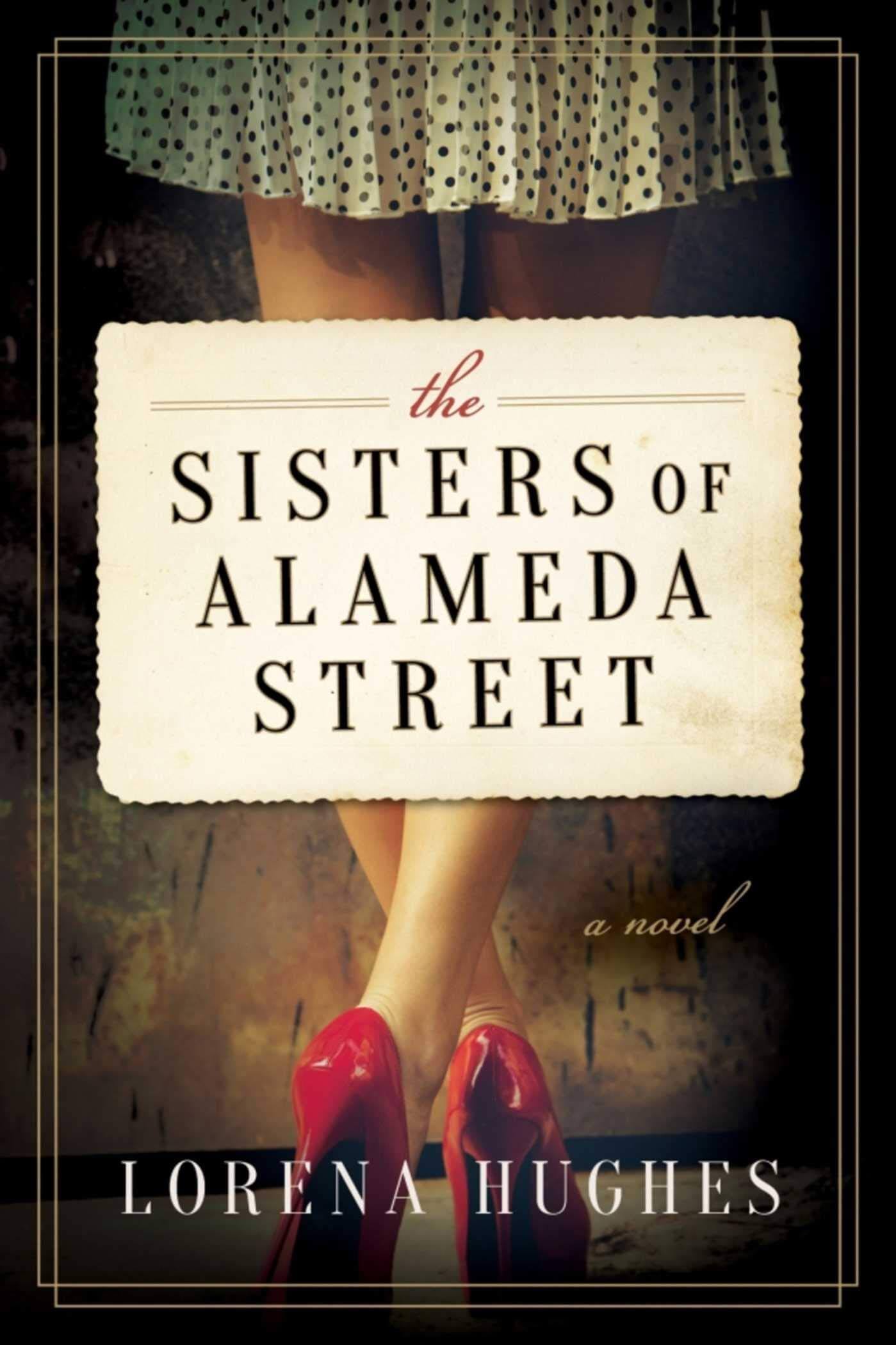
The Sisters of Alameda Street by Lorena Hughes
Malena Sevilla’s life changes forever when her father passes away and she finds a clue as to who her mother could be; a mystery that has always followed her. Her journey into her own past all begins with a letter signed with the initial “A.” Letter in hand, Malena travels to her mother’s hometown of San Isidro, a tightly-knit community nestled in the Ecuadorian Andes. Her time there brings more questions—there are a few women who could be her mother, and they couldn’t be more different from one another. Set in 1960’s Ecuador, this novel has plot elements of a beloved telenovela and strong female characters that bring Malena’s story full circle.

The Air You Breathe by Frances de Pontes Peebles
Dores is a child working in the kitchen of a sugar plantation in 1930’s Brazil when she becomes friends with the owner’s daughter, Graça. The two little girls couldn’t be more different, from their backgrounds to their everyday realities. It is the power of music that ultimately binds them for life. One has the gift of a beautiful voice, and the other writes songs that move anyone who listens. When there’s only room in the spotlight for one of them, rivalry threatens their unbreakable bond. Told from the sugar plantations of rural Brazil, the bustling streets of Rio de Janeiro, the bright lights of Hollywood, and ultimately back to the land that started it all, this novel is a story of ambition and a friendship that stands the test of time.
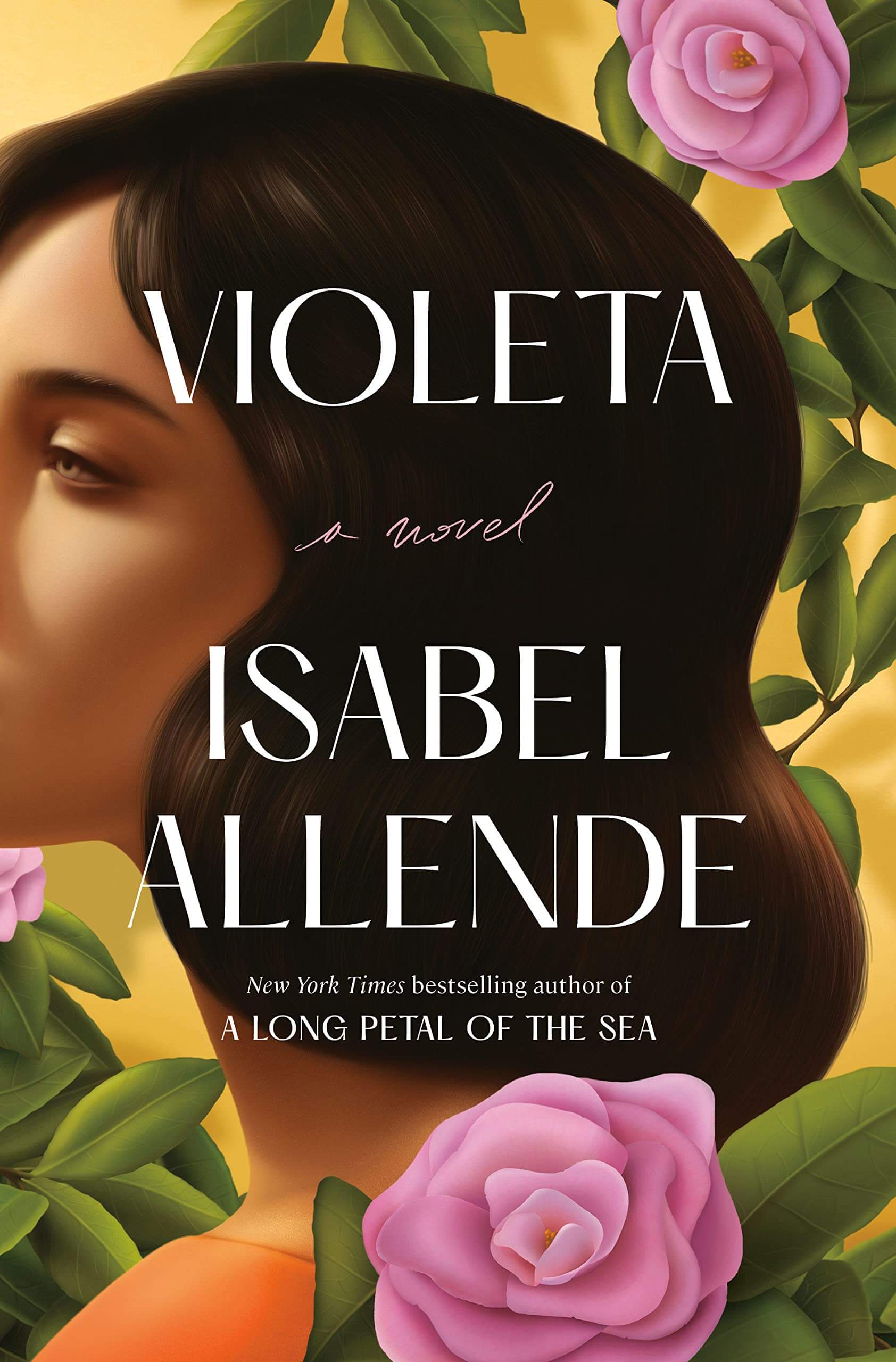
Violeta by Isabel Allende
Violeta is Isabel Allende’s novel featuring the vibrant life of a Chilean matriarch. Written as a letter to a loved one, the novel shares a journey of epic proportions. Violeta is born into an affluent family, the first girl in a family of many sons. Her father is a businessman whose risks eventually plunge the family into financial freefall. However, her family’s ultimate downfall is the Great Depression, a world catalyst that forced them into the countryside. Violeta’s story is one of 20th-century Chile and the history of the world at large in such a tumultuous century.
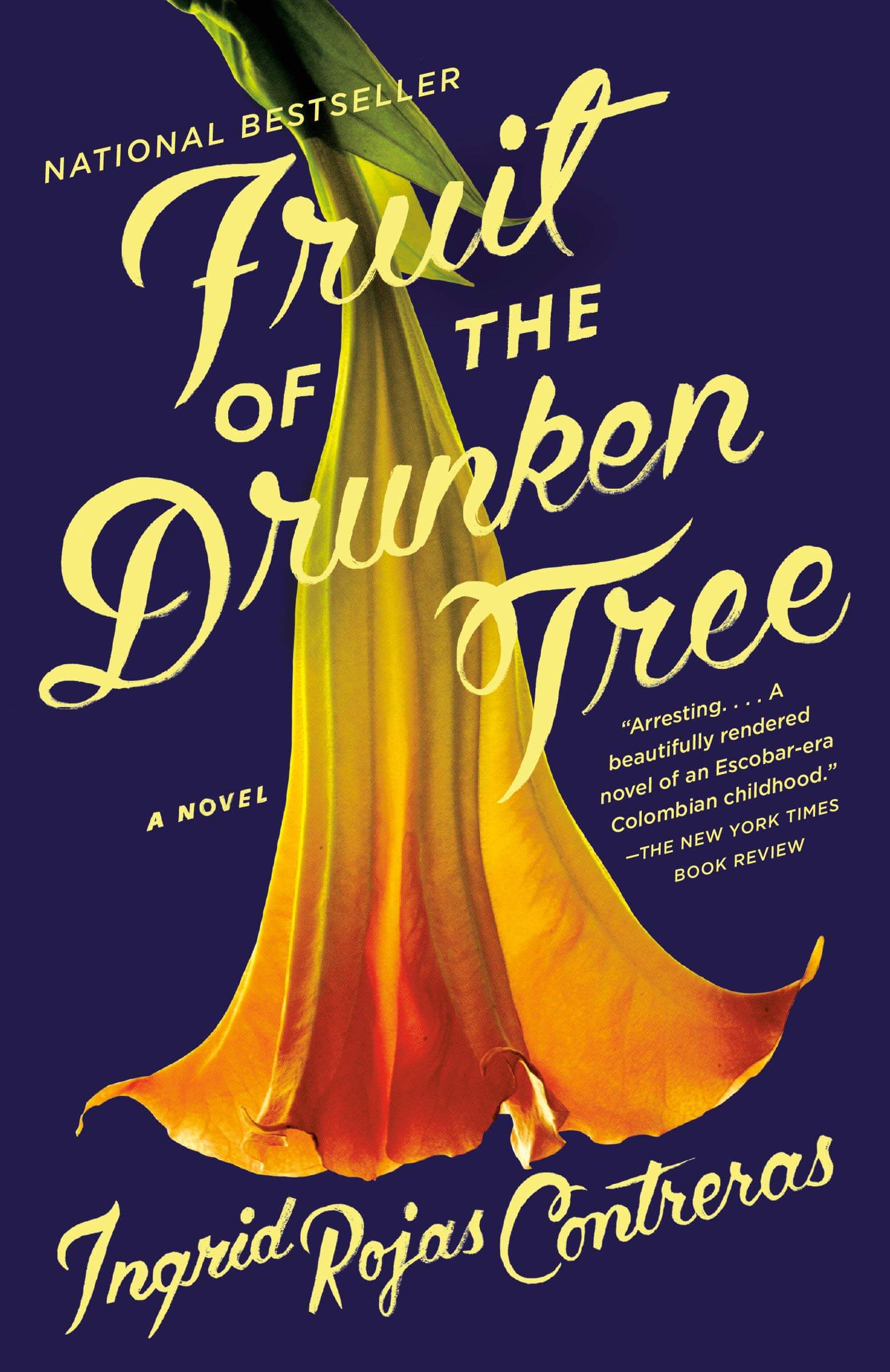
Fruit of the Drunken Tree by Ingrid Rojas Contreras
In Bogotá of the 1990s, the Santiago family is safely secluded in a gated community as Pablo Escobar runs the city outside. Chula and Cassandra are the daughters of the Santiagos, girls untouched by and oblivious to the danger. But Chula’s world widens when, one day, her mother hires Petrona, a young woman from the inner city. Burdened with the responsibility of providing for her family and staying alive in a desperate situation, Petrona is torn between obligation and her first love. The street wars in Bogotá inevitably escalate, forcing Petrona and Chula to make fatal decisions that tangle them in a web of secrecy that threatens everything they hold dear.
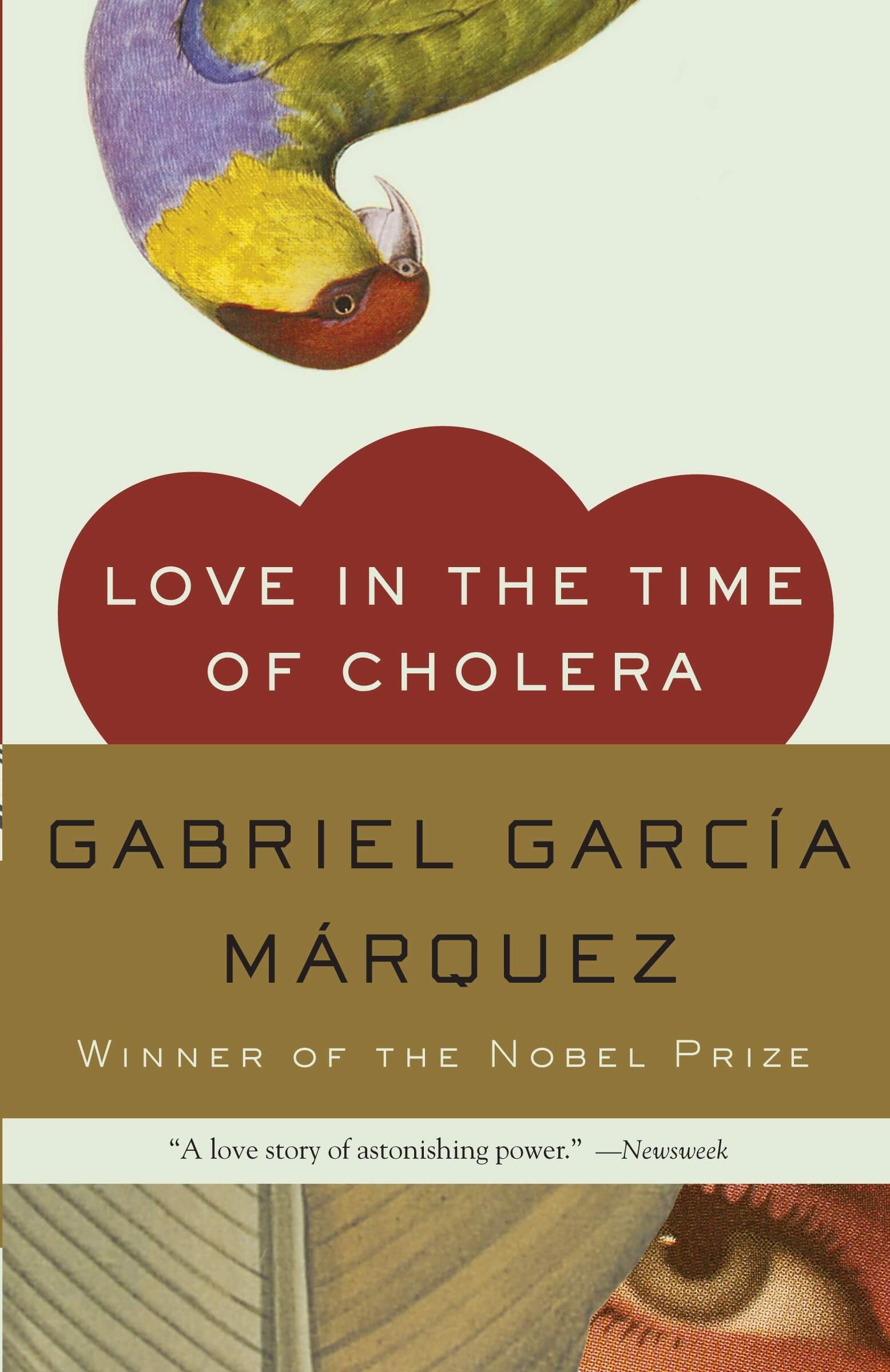
Love in the Time of Cholera by Gabriel García Márquez, translated by Edith Grossman
Literary legend Gabriel García Márquez weaves the passionate love story of Fermina and Florentino in 1870’s Colombia. Their community near the Caribbean Sea is marred by war and cholera outbreaks. Despite their undeniable connection, Fermina marries a wealthy doctor, breaking Florentino’s heart. This unforgettable love never leaves Florentino as he becomes a successful businessman and a heartbreaker in his own right. Fifty years after the two lovers first meet, they have a chance to finally be together again.
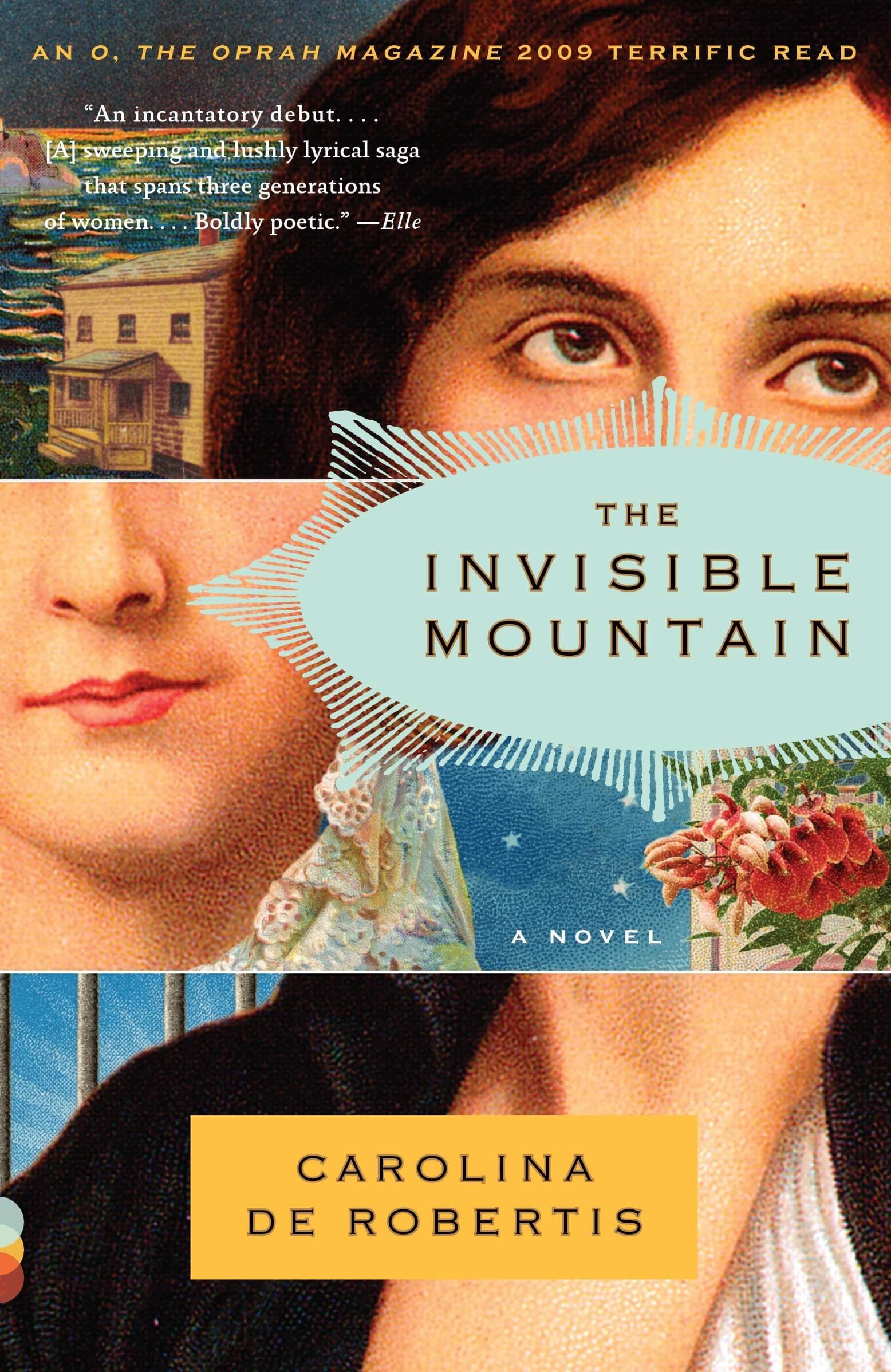
The Invisible Mountain by Carolina de Robertis
At the dawn of the 20th century, a small village in the Uruguayan countryside gathers to witness the unbelievable: the mystical return of Pajarita, a mere helpless infant. Pajarita eventually grows to become a matriarch in a long line of fierce, independent women who call Montevideo home. Pajarita’s daughter, Eva, becomes a poet that forges an unconventional path entirely her own. Eva’s daughter, Salomé, has a sensual and political awakening as Uruguay is on the cusp of a regime that changed the nation’s history forever. Woven with magical realism and told through the lives of strong women, Invisible Mountain is an epic history of Uruguay from 1900 to the beginning of its darkest era, characterized by power made brutal in the wrong hands.



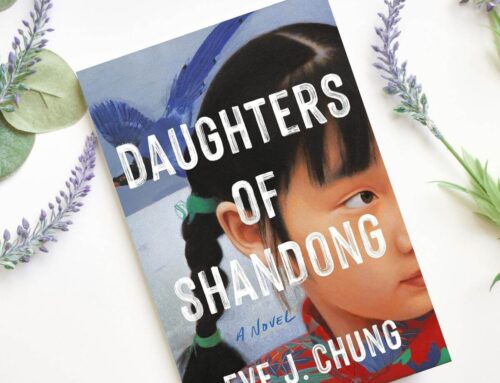
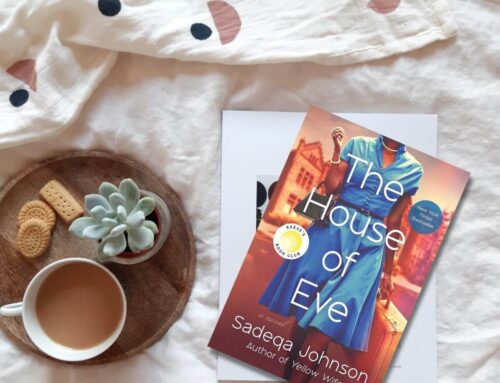
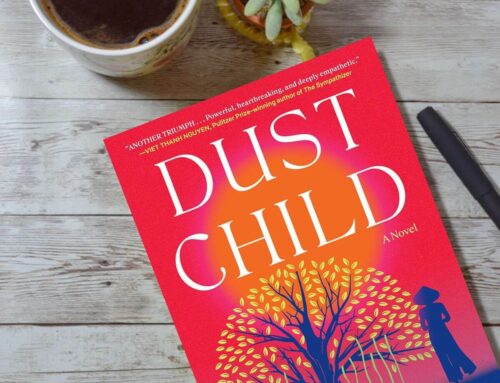

Leave A Comment